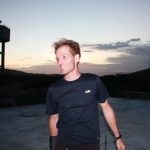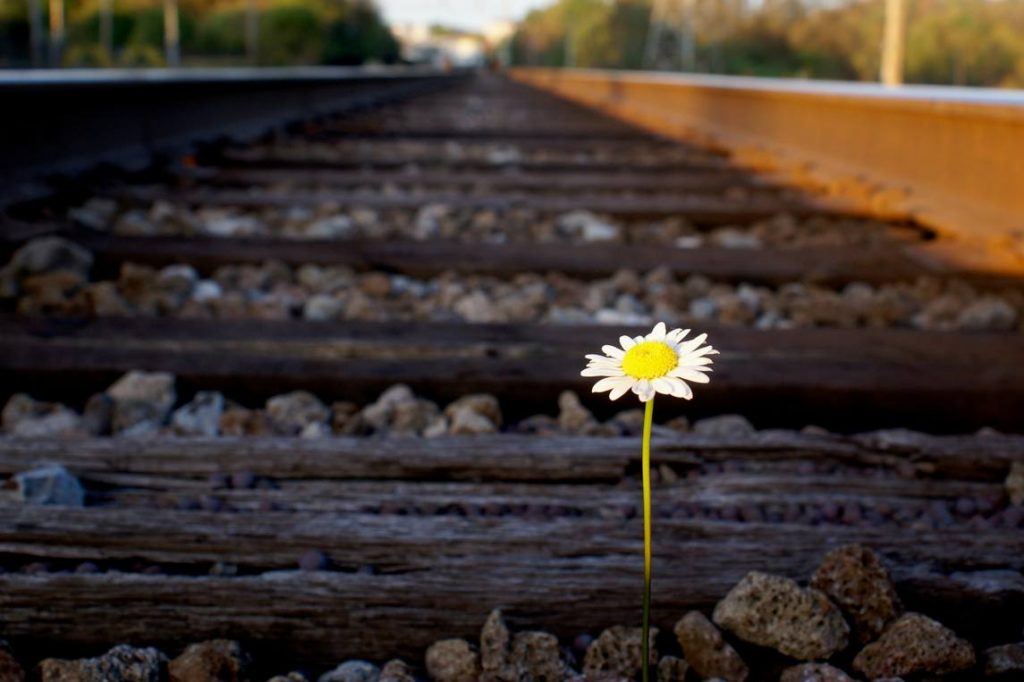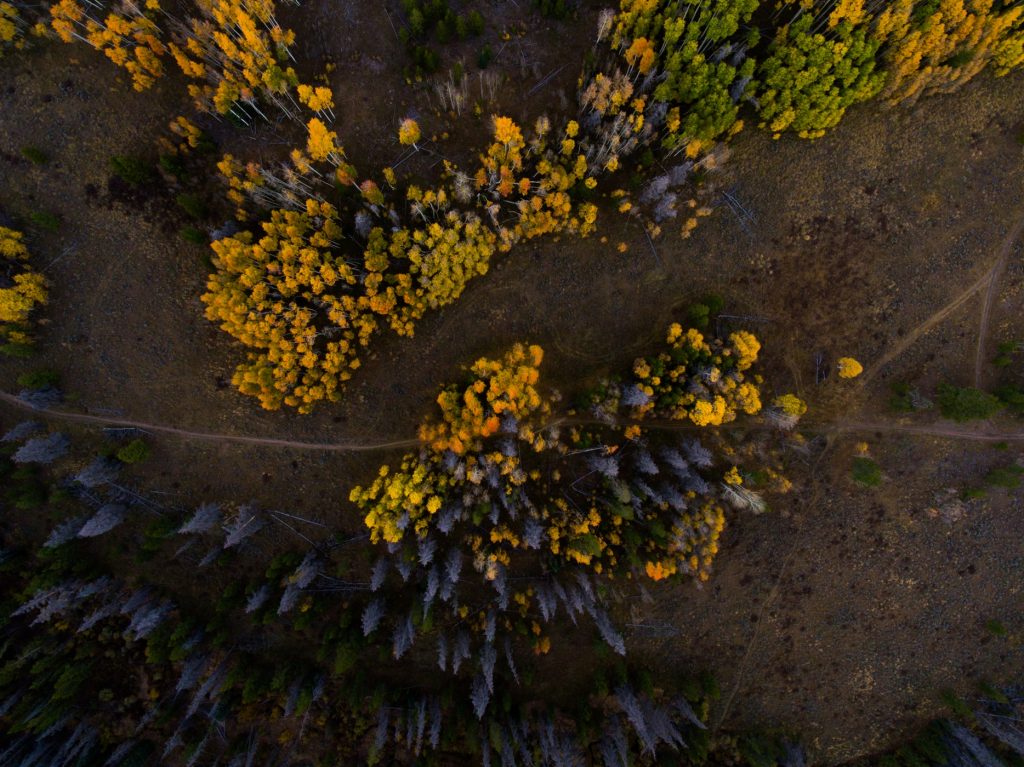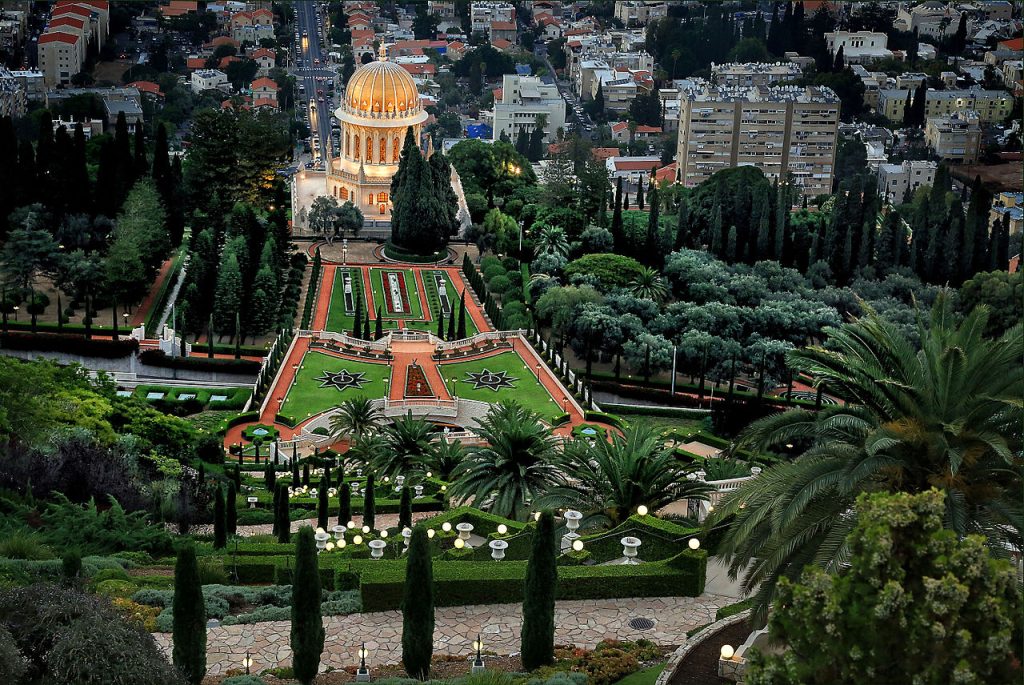FILM | LIFEBOAT, Refugees Adrift at Sea
Kosmos Journal | In 2015, your team produced 50 Feet from Syria, a film focused on the civilian impact of the Syrian conflict. Your new film, Lifeboat, bears witness to refugees desperate enough to risk their lives in rubber boats leaving Libya. What was different for you personally about making those two films?
Skye Fitzgerald | I think what’s different about them for me…is me. Because each project, in my experience, changes you some, as it should. In filming 50 Feet from Syria, we worked in an operating room environment, which in some ways is much more contained because at least there’s a medical facility that provides a framework and a system for the people we’re filming. And that structure gave us some security in terms of how we operated.
With Lifeboat, it was truly a triage situation. As you saw in the film, thousands of people were floating on the ocean, and here we are in one small 30-meter rescue craft—sometimes alone—there to try to help thousands of people. We were constantly faced with this question: When do you intervene as a human being? When do you put your camera down and pull someone out of the ocean—which we did over and over again. That immediacy of need was very different and very powerful, and we had to constantly negotiate it on a moment-to-moment basis, genuinely plucking people from the ocean who might otherwise die. Hands are at a premium, literally, hands are at a premium on that boat because the hands are used to pull people out of the ocean and to operate the Zodiacs and everything else that needs to be done.
Kosmos | From the looks of it, your own life was also at risk sometimes.
Skye | Three days before we were to fly out, there was an act of piracy on a sister vessel of Sea-Watch, one of their partners. It wasn’t actually their vessel, it was one of the vessels they operate in tandem with. It was either the Libyan coast guard or it was some genuine pirates who boarded the vessel, shot it up with some AK-47s, and the crew had to flee to their safe room to either escape being killed or kidnapped. Luckily, the safe room was robust enough that no one was injured.
Our mission was canceled so that Sea-Watch could retrofit a new safe room. As a result, we lost the chance to work with a woman through whom we originally wanted to tell the story. It was a German-Egyptian woman on the board of directors from Sea-Watch—just this brilliant, eloquent woman who spoke five languages. She was one of the main linguists who went out on the Zodiacs to initially interact with people who spoke French or Arabic. So, when we showed up in Malta on our rescheduled mission, I had no idea who we were going to tell the story through.
Kosmos | And so you told the story through Jon Castle—truly one of the most affecting people I have ever encountered on screen—and by a simple twist of fate.
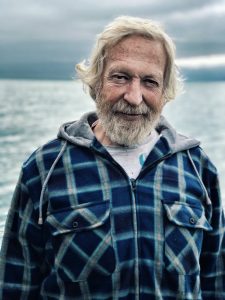
Skye | Yes, that’s how we ended up telling the story through Captain Jon Castle. It is important because I believe that if we look, there are heroes all around us. I think if we look in the right way, there’s a Jon Castle in your town. But we have to be open to them, and we have to look and see those everyday heroes who are around us all the time. There’s a little bit of Jon in everybody if we allow it to grow within us if we feed it. There are good instincts and good humanitarian impulses in you and me and everybody, but we have to feed them, and I think what was extraordinary about Jon was that he fed that impulse within himself and lived it most of his life. That was what was extraordinary about him.
Kosmos | To be so creative as you are, in the midst of such suffering, is in itself a very hopeful act. The act of creation itself is a very hopeful act, so what is it that gives you hope as you’re telling these stories?
Skye | Every time I run into a Jon Castle or Dr. Hisham Bismar, the main-character doctor in 50 Feet from Syria, it gives me hope and feeds my optimism. As dark as Lifeboat is, I see it as a hopeful story. Here are thousands of people fleeing oppression, torture, economic oppression, persecution—all sorts of horrible things. Risking their lives for a better life, because they thought a 50 percent chance of death crossing the Mediterranean was better than where they were, right? That’s a pretty stark choice, and the fact that our governmental structures were doing little to nothing to aid them is completely problematic to me.
But when I heard that civil society was intervening, intervening in such a hopeful way, that a bunch of volunteers in Berlin had purchased a retrofitted research vessel, and recruited a series of crews, all volunteering their time to go out on the sea and pluck people from the ocean… to me, I have to view that as hopeful. That’s a perfect example of how we, as human beings, are extending our empathy across all these unnatural borders, whether it’s nationality or religion, or whatever it is. It’s human to human, and I think that’s essentially a hopeful story, and that’s what it takes to make change in this world.
It’s looking beyond what your religion is, or what your sexual orientation is, or what your nationality is, and saying, “What are the problems in our world?” Not in our country, not in our city… and how can we, regardless of those labels, reach out and help each other? That’s how things get done, and that’s what Sea-Watch is doing, and that’s what the other NGOs in that area are doing, and to me, that’s so fundamentally hopeful. I thought, “That’s the kind of story that I want to celebrate.” That’s the kind of story that I want to bring to at least some westerners so they understand that anyone within civil society can intervene with a little bit of will.
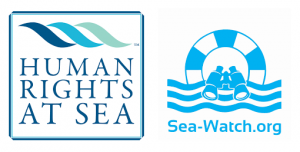
Kosmos | Beautiful, thank you. Turning to the refugees themselves, at first in Lifeboat you see just hundreds of people clinging to a boat, and falling off or jumping off, and there’s this tendency to not see them as individuals, but as a single entity somehow. Then when some of them are finally in a place of safety, you film a series of very intimate quiet moments, and we can really see their eyes, really see their thoughts. You can put yourself in the shoes of that person for a fleeting moment, and think, “My god, what would I be thinking or doing in this situation? No idea where I’m going. I don’t have a penny. I don’t have the language. I don’t know what is next for me or if I’ll ever see my family,” and so on.
These intimate deep moments coincide with Jon Castle saying, “Because I see them as individuals, because I see them as real people, I can’t look away.” What did you learn from some of the individuals you encountered? What impressed you or sustained you?
Skye | Yeah. I could answer that so many different ways. Let me tell you a story first, and then I’ll try to answer. Kenny Allen, the director of photography on this (he also shot 50 Feet from Syria with me), is this big, big strong guy who, interestingly enough, looks like he could be from anywhere. So, when we were in Syria, people thought he was Syrian. When we were in Turkey, they thought he was Turkish. Because he has such a mixed background, people really feel like he could be from wherever.
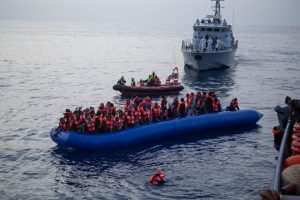
He was asked to serve as a guard sometimes on the boat. There was some concern for the female refugees, that they could be vulnerable at night on the exterior of the ship because we didn’t have enough room to bring anyone inside the ship. During the course of that, he made great friendships with a couple women from Côte d’Ivoire, based on shared musical taste, and they stayed up all night together talking on the ship steps about musical artists that they both listened to.
When you’re on a ship in the middle of the Mediterranean with someone that you met that morning on a Zodiac who was pulled out of the water, who doesn’t know where they’re going and how long it’s going to take to get there, or what life before them holds… you are together for that 12 hours or that 48 hours, or however long it is, sitting two feet from each other, you’re having a shared experience. And every single time, something beautiful happens.
Every human being on this planet, regardless of where you’re born, retains the same basic human rights. The right to pursue a life free from security concerns, a life full of love and safety and economic freedoms. Everyone I talked to wanted the same things. They wanted six feet to lie down in, some food every day, some warmth, some love, and to feel safe. Basic human things.
So, when I approach people in a situation like that, where they’ve just been pulled from the water— literally—the first thing I do is sit down on the deck next to them, and just talk. I try to learn who they are, and I share with them who I am, and then inevitably out of those conversations come opportunities—to record or to not record, for example. We never knew how long someone was going to be aboard the ship before a transport vessel arrived and they offloaded and headed toward an immigration center or a refugee asylum center. It was kind of catch-as-catch-can to have those moments, between going back on the Zodiac to pull more people out of the ocean.
Kosmos | How is this work transforming you?
Skye | I think mostly for the good. I have to be very careful to do self-care; typically, I go out and ride my bike. I get home from a two-week trip or something like this, and I jump on my bicycle and just ride 50 miles or 60 miles, and that’s my meditation. It’s my way of unloading the weight of what I’ve accumulated.
Over time, that helps me enormously, getting rid of the immediacy of what I just witnessed.
Every time I do a film like this, it gives me hope that despite all of the horrible things going on in our world today, each of us in our own way can do something. Jon Castle can do something, you can do something…you’re doing it right now!
Each of us has something to offer the world, and I often say if I were Bill Gates, I would write a check. If I were a medical doctor, I would probably go volunteer like Hisham Bismar did. If I were Jon Castle, I would go volunteer as a boat captain. I’m a filmmaker, and so this is my way of volunteering. I pay for these projects out of my own hip pocket. No one pays me to do these, and so I do them when I have the time between my other projects.
But there is another sort of psychological way I’m affected, which is more difficult to shake. I can’t smile on cue anymore, like posing for a picture, let’s say. I just can’t do it. It comes out as like a grimace. Sure, you say something funny, of course I can smile just like everyone else, but I think that’s a marker maybe of how I have a much lower threshold and tolerance for small talk and bullshit endeavors, because I think there are important things happening around us all the time. I don’t have patience for things that I once had patience for. I’m not sure that’s good.
Kosmos | In a political environment increasingly hostile to immigrants and refugees, with nationalism on the rise, what do you see on the horizon?
Skye | That’s a big question. Sea-Watch, when it began, operated really freely in the southern Mediterranean, because Europe—for so long—has operated on humanitarian principles. The Universal Declaration of Human Rights was implicit in their work and has been so broadly accepted as a moral document to guide our actions in the world when crises happen that they didn’t have any political opposition. I carry the Universal Declaration of Human Rights with me on almost every trip I take. It’s such an important document. I think it’s so much more important than the U.S. Constitution because it’s a global document. It’s a universal document.
It’s not about nationalism. It’s not about being American or Canadian or Syrian. It is cross-boundary. It’s about what we, as human beings, need. That’s just a prologue to my sense that, yes, there’s a rise obviously of nationalism and extremism in the world right now. But I don’t believe ultimately that it’s going to achieve any lasting hold on us as human beings because, while there’s always going to be greed and there’s always going to be scarcity of resources, we all really want the same thing. We want love, we want compassion, we want food, we want shelter.
So, I believe this cycle will pass. I don’t know how long it will take or what it will take, but I think, ultimately, we will come back to those fundamental things. I’m enough of an optimist in the world to believe that we have to do that, or we won’t survive as a species, frankly.
I think if we’re anything, we’re survivalists—like the refugees. We’re built to evolve and survive over time. I think that we will come around. I wish it weren’t so fraught with the horror that is current politics, but that seems to be our pathway for now. I don’t know if that answers your question, but that’s my sort of ‘Jon Castle’ take on it. Another turn of the historical wheel, and we could be in the other person’s shoes.


